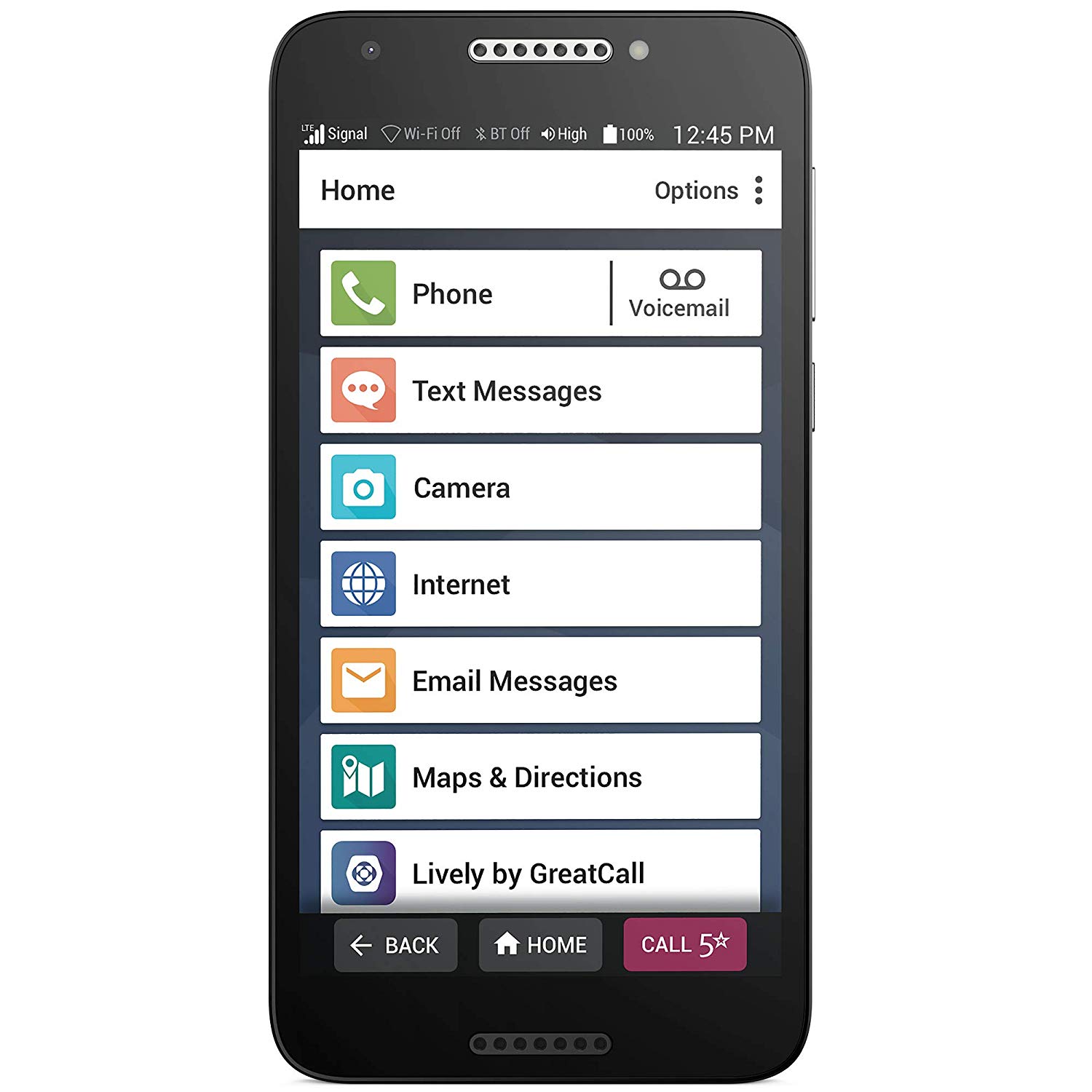My cellphone failed recently, and the experience taught me a few uncomfortable things about myself. For one thing, apparently I’m a technophobe. It’s a long story.
About a month ago, I was sitting in my car with my friend, Jeanne, while we attempted to phone each other. We were at the mall and needed a way to contact one another when one of us was ready to leave. We were checking to make sure the numbers we had were correct.
Jeanne tried to call me and failed. My phone couldn’t raise her either. We were forced to rendezvous the old-fashioned way, by meeting at an agreed upon time and place.
Back home, I tried to work out why my ancient iPhone didn’t work. The truth is, I rarely used it, though I always carried it with me in the car in case of emergencies. Aside from that, I didn’t really need it, so I seldom turned it on. I did charge it from time to time.
Now I dialed (outdated term, but I can’t think of another) my daughter’s phone number. No luck. I tried several other numbers. Same thing. All the cell would do was turn on, turn off and recharge. What good was it, if it wouldn’t call anybody?
When I first got my phone, I set up automatic monthly payments, but now, when I checked my records, I didn’t see those charges anywhere, not for the last couple of years. The payments had stopped at some point, and I never noticed. My network did notice and cut me off without warning.
For years, I’d been driving around with no working phone to bail me out if something went wrong. Over dinner that night, a friend observed that I might as well have been carrying around a brick.
Friends and family strongly urged me to replace the phone, but I resisted. As I said, I didn’t need it, except in the car. I spent most of every day at my computer, with my landline 12 inches away. Smartphones do all kinds of complicated things I don’t need to do. I didn’t want to waste time learning how to do them. I already had a calculator and a calendar on my desktop, along with easy access to the internet and email.
I admit that I also resisted replacing the phone out of sheer stubbornness. I resented the pressure to buy (and use) a cell and resented even more the fact that so many businesses today just assume everybody has one. They don’t seem to care that some older people, including quite a few in my retirement community, don’t have one or want one.
It’s getting harder and harder to do without a smartphone. The other day, one of my online accounts required me to prove my identity by texting back a code it sent me. (You can’t text on a landline.) A doctor’s office said I must text them a QR code, posted in their parking lot, before they’d let me in. The dining room in my retirement community has posted a QR code on each table. If my food isn’t just right, I’m supposed to text the kitchen with the code and my complaint.
I dragged my heels for a while but finally decided to replace the cell. I didn’t want another iPhone because—I’m ashamed to admit it—the old one was too complicated for me.
I thought about buying a Jitterbug. Designed for older people, it’s supposed to be simple enough even for someone with a porous memory or poor eyesight—or not much savvy about the latest technology.
I didn’t think I was that old or that disabled yet. And at 88, I wanted people to say, “Look what she can do—at her age!” I wanted to think of myself that way too. I didn’t want others to avoid me because I seemed frail or confused. All of that was my own internalized ageism and ableism, but it was also based on how older people are often treated.
So I stalled—until one of my daughters read through some Jitterbug advertising and declared it so cool that she’d like to have one herself. That settled it. I bought one.
My friends and family all swear smartphones are so useful, they can’t imagine how anyone can get by without one. Determined to learn what my new Jitterbug could do—to see whether they were right—I began experimenting with it.
Placing a call was easy, so I moved on to texting, something I’d had trouble with on the iPhone, where I was confronted by tiny, unfamiliar icons. On my Jitterbug, each step had clear instructions.
So I entered my granddaughter’s number, tapped a tiny microphone and dictated this message: “What do you want for your birthday what do I do next no no no no no.”
Give me time. I’ll get it right. I’m determined to make better use of this phone than I did of the last.

Flora Davis has written scores of magazine articles and is the author of five nonfiction books, including the award-winning Moving the Mountain: The Women’s Movement in America Since 1960 (1991, 1999). She currently lives in a retirement community and continues to work as a writer.



